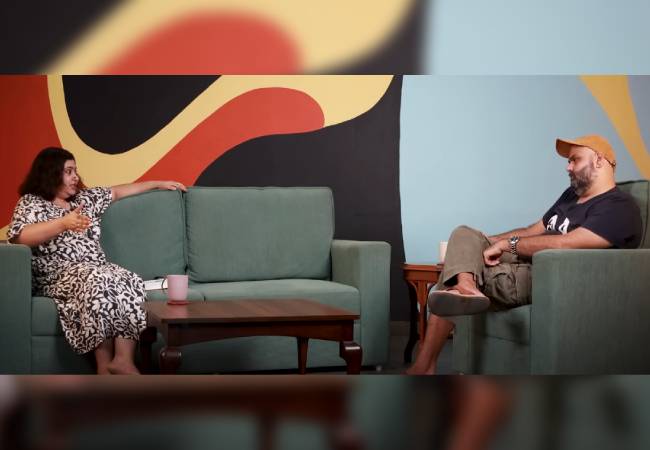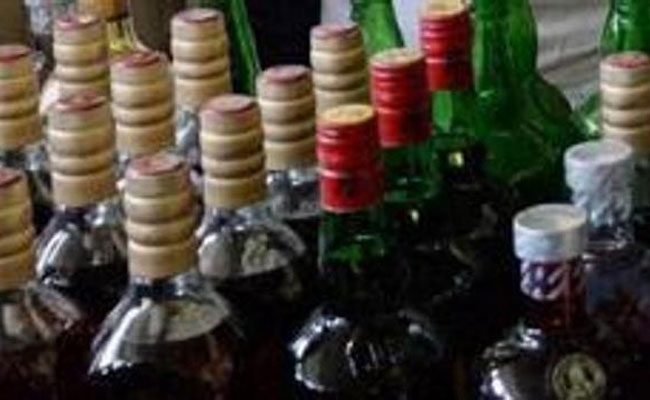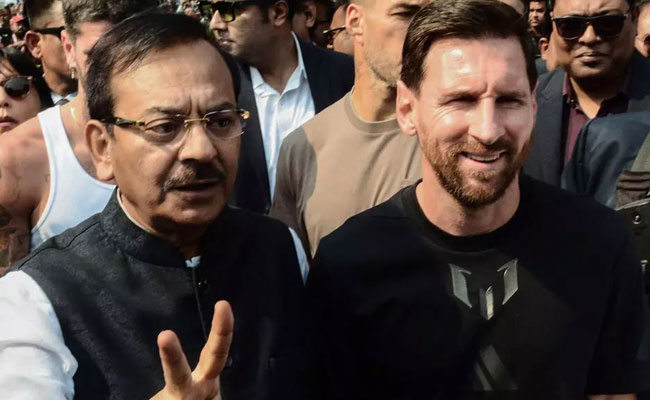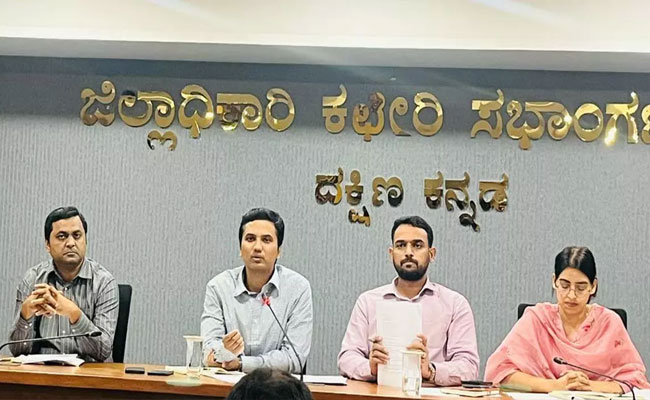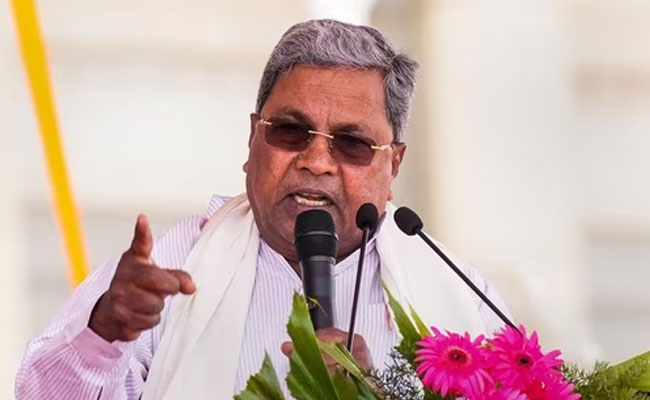New Delhi: In the 24th episode of the podcast series "Nope w/ Kunal Kamra," democratic rights activist and Delhi-based researcher Banojyotsna Lahiri raised serious concerns over the delayed census, the growing push for "One Nation, One Election."
Hosted by comedian and political commentator Kunal Kamra, the episode titled "The End Game of Elections?" delved into the implications of electoral delimitation, especially its impact on the federal balance between northern and southern India.
At the heart of the discussion was the question of why India’s census, due in 2021, has still not been conducted. “Census has not been done yet, that too is a crime,” Lahiri remarked at the beginning. She dismissed the government’s earlier excuse of the COVID-19 pandemic, pointing out that large public events like the IPL and Cricket World Cup were held between 2021 and 2025. Drawing a historical comparison, she noted that even during World War II, the British government managed to conduct the census in 1942.
Lahiri highlighted that the census is the constitutional basis for the delimitation process, as laid out in Articles 82 and 170. After every ten-year census, a delimitation commission is meant to be formed to redraw the boundaries and determine the number of parliamentary seats, including those reserved for SCs and STs. However, the last such exercise was carried out based on the 1971 census. “After the Emergency, in 1976, it was decided that this delimitation will not be done until 2001,” she said, adding that the freeze was later extended to 2026 as part of a compromise between states with high population growth and those with better development indicators.
The crux of her argument lay in how the new round of delimitation, expected after the 2026 census, would disproportionately benefit northern Indian states with higher populations, while punishing the southern states that have effectively implemented population control and progressive policies. Lahiri warned, “This is a kind of punishment to the South for doing better. The states that did good work, they will now be punished by reducing their political power.”
Kamra interjected to ask whether this issue was being seen through a regional lens. Lahiri confirmed that the north-south divide was indeed an underlying tension in the discourse. “In the name of democracy, you are taking away seats from South India,” she said. The logic is that states that grew faster demographically will receive more parliamentary representation, skewing national politics further in favour of the Hindi heartland.
The conversation also touched on the broader narrative around caste and representation. Lahiri questioned the societal misconception that “general” categories imply “upper caste.” “General does not mean upper caste. General means for everyone,” she asserted. She pointed out that in several constituencies marked as ‘general’, Scheduled Castes and Scheduled Tribes constitute the majority, yet they are often denied representation.
On the topic of “One Nation, One Election,” Lahiri linked it to a broader pattern of democratic erosion. She described these policies as attempts to “destroy the essence of democracy,” adding that “we will have to fight for that too, and we will fight.”
Let the Truth be known. If you read VB and like VB, please be a VB Supporter and Help us deliver the Truth to one and all.
Belagavi (Karnataka) (PTI): The Karnataka Excise Department has conducted a statewide crackdown on illegal liquor trade over the last two years, resulting in arrests and seizures of alcohol, Karnataka Excise Minister R B Timmapur said on Tuesday.
As many as 1,09,017 people were arrested, and seizures included 13.66 lakh litres of liquor and 27.19 lakh litres of beer, he said in a written reply to a starred question by Harihar BJP MLA B P Harish in the Karnataka Assembly.
The Minister said the enforcement drive covered the financial year 2023–24, 2024–25 up to June, and 2025–26 from July to October, targeting unauthorised liquor manufacture, storage, sale and transportation across the State.
"During this period, statewide enforcement drives resulted in a total of 1,84,570 raids against illegal liquor sales,” Timmapur said.
ALSO READ: BJP accuses Karnataka govt of 'failing' to prevent noise pollution caused by 'azaan'
He noted that 9,179 non-bailable cases and 91,968 bailable and compoundable cases under Section 15(A) of the Karnataka Excise Act, 1965, were registered during the same period.
According to him, there have been no reports indicating that students have become addicted to alcohol due to illegal liquor sales.
The sale of alcohol to minors is strictly prohibited under the Karnataka Excise Act, 1965, and the department has issued periodic instructions to initiate legal action against violators, with strict enforcement and investigation measures in place, the Minister said.
Excise officials are carrying out regular road and night patrols, collecting intelligence, monitoring habitual offenders and conducting raids to identify illicit distillation units, unauthorised liquor outlets and spurious liquor manufacturing centres, he said, adding the department is also enforcing the law to prevent the production, storage, sale and transport of spurious, non-duty-paid and unauthorised liquor.
Regular patrols are being conducted on national and state highways, with suspicious vehicles being subjected to checks.
At the district level, standing committee meetings are held under the chairmanship of Deputy Commissioners, and joint operations are carried out with the police and forest departments to curb excise-related offences.
The department is also conducting awareness programmes through Gram Sabhas and in schools and colleges to educate the public and students about the physical, mental and social health hazards associated with alcohol addiction and substance abuse, Timmapur added.

